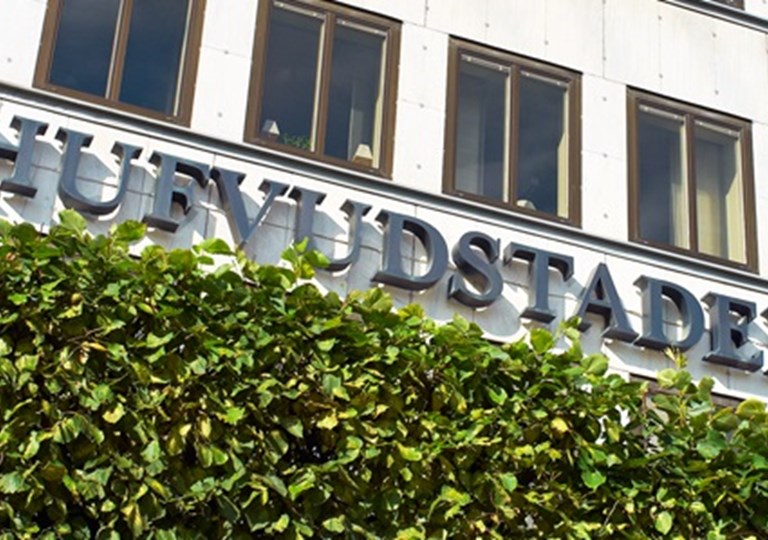We maintain an ongoing dialogue with our main stakeholders, and we keep them up to date on key sustainability aspects that we need to focus on. From a sustainability standpoint, tenants, employees, owners and other investors, business partners and society are the most important groups to conduct dialogue with since they are affected by our operations or have an opinion on the sustainability topics that we should focus on to meet their expectations of us.
Questions from stakeholders are regularly addressed, for example at Board meetings, management meetings, in the Sustainability Council, shareholder meetings and in the daily contact between employees, customers, suppliers, partners and stakeholders in society
The following stakeholders were prioritised in the materiality assessment since they were identified as the most central considering Hufvudstaden’s operations.
| Stakeholder | Key issues | Form of dialogue |
| Tenants |
• High level of service |
• Customer Satisfaction Survey |
| Employees |
• Diversity and equal |
• Performance and career development review |
| Owners and other investors |
• Long-term business strategy |
• Annual General Meeting and analyst meetings |
| Business partners |
• Sustainability requirements in established partnerships |
• Procurement and agreements |
| Society |
• Accountability for impact of the operations |
• Annual Report |
Core sustainability areas
Hufvudstaden has conducted a materiality analysis together with representatives from the Company's main stakeholders. The purpose of the analysis was to develop the Company's sustainability programme and the information presented in Hufvudstaden's CSR Report. The analysis included identification of a number of core sustainability areas. These areas stemmed not only from the actual impact generated by Hufvudstaden, but also from the Company's strategic objectives and the stakeholders' expectations. Our focal areas can be found in the below materiality analysis.
| Responsible enterprise | Sustainable properties | Sustainable workplace |
|
• Business ethics |
• Energy use |
• Working environment |




